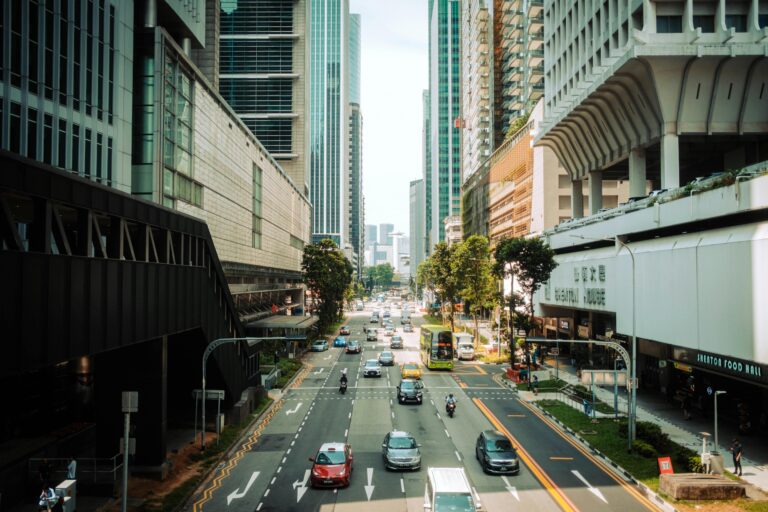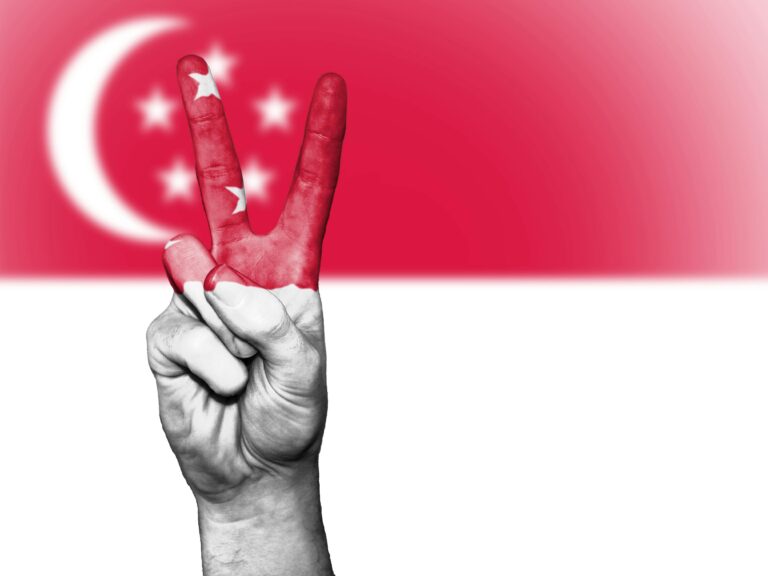
Singapore, often referred to as the “Lion City,” is renowned for its vibrant economy, clean streets, and high standard of living. However, living in this global financial hub comes with its costs. Here’s a detailed look at the cost of living and wages in Singapore.
Read more articles here: https://learntodrivesg.com/blog
Cost of Living in Singapore
Singapore ranks among the world’s most costly cities. Various factors contribute to the high cost of living, including housing, transportation, food, and healthcare.
- Housing:
- Housing is the most significant expense for residents in Singapore.
- Prices vary depending on the type of accommodation (public housing, private condos, landed properties) and the location.
- The Housing Development Board (HDB) flats are the most common and affordable option for locals. Renting a 3-room HDB flat can cost between SGD 1,500 to SGD 2,500 per month, while private condos can range from SGD 3,000 to SGD 7,000 per month for a similar size unit.
- Transportation:
- Public transport in Singapore is efficient and relatively affordable.
- Monthly public transport expenses typically range from SGD 100 to SGD 150.
- Owning a car, however, is a significant expense due to the Certificate of Entitlement (COE), which can cost as much as the car itself.
- Food:
- Singapore offers a wide range of dining options, from affordable hawker centers to high-end restaurants.
- On average, a meal at a hawker center can cost around SGD 4 to SGD 6, while dining at mid-range restaurants might cost between SGD 20 to SGD 40 per person.
- Healthcare:
- Healthcare in Singapore is of high quality but can be expensive without insurance.
- Public healthcare is subsidized for Singaporeans, but expatriates often rely on private healthcare, which can be costly.
- Education:
- Education is another significant expense, especially for expatriates who often opt for international schools.
- Annual tuition fees for international schools can range from SGD 20,000 to SGD 40,000.
Wages in Singapore
Singapore’s wages are among the highest in Asia, reflecting its robust economy and high cost of living.
- Minimum Wage:
- Singapore does not have a national minimum wage.
- Wages are generally determined by market forces, but there are progressive wage models for certain sectors like cleaning and security.
- Average Salaries:
- Salaries in Singapore vary significantly across different industries and job roles.
- As of recent data, the average monthly salary in Singapore is around SGD 4,500.
- Professionals in the finance, IT, and engineering sectors typically earn higher-than-average wages. For example, a software engineer might earn between SGD 5,000 to SGD 8,000 per month.
- Income Inequality:
- Despite high average wages, income inequality is a concern in Singapore.
- The government has implemented various measures to address this, including Workfare Income Supplement (WIS) schemes and SkillsFuture initiatives to upskill the workforce.
Balancing Cost of Living and Wages
The Singaporean government plays an active role in ensuring that the cost of living is manageable for its residents while fostering an environment that attracts global talent and businesses.
- Subsidies and Grants: Various subsidies and grants are available to lower-income households to help offset living costs.
- Public Housing: The majority of Singaporeans live in HDB flats, which are heavily subsidized.
- Healthcare Subsidies: MediShield Life and other healthcare schemes help residents manage medical expenses.
- Education Support: Scholarships and bursaries are available for students to ensure education remains accessible.
Other Expenses in Singapore
In addition to housing, utilities, food, transportation, healthcare, and education, there are several other expenses that expatriates living in Singapore may encounter:
1. Personal Care and Clothing
- Clothing: Costs for clothing can vary widely depending on where you shop and your preferences. Local brands and international labels are available, with prices comparable to Western countries.
- Personal Care: Expenses for toiletries, cosmetics, haircuts, and grooming services can range from SGD 50 to SGD 200 per month, depending on personal habits and preferences.
2. Insurance and Financial Services
- Life Insurance: Besides health insurance, expats often opt for life insurance policies, which can vary greatly in cost depending on coverage and provider.
- Banking Services: Banking fees may include charges for international transfers, currency exchange, ATM withdrawals, and maintaining a local bank account.
3. Utilities and Household Supplies
- Household Supplies: Beyond basic utilities, expenses for household items such as cleaning supplies, kitchenware, and small appliances can add up.
- Home Maintenance: If renting or owning a property, occasional costs for repairs, maintenance, and pest control may arise.
4. Communication and Technology
- Mobile Phones: Besides monthly plans, purchasing smartphones and accessories can be an expense, especially for newer models.
- Internet and Cable TV: While included in utilities, additional costs may apply for higher internet speeds or premium TV channels.
5. Social and Membership Fees
- Memberships: Joining clubs, gyms, or professional associations often incurs membership fees or dues.
- Socializing: Entertainment expenses for dining out, social events, and nightlife can vary widely depending on personal preferences and frequency.
6. Taxes and Legal Obligations
- Income Tax: Singapore has a progressive income tax system, and expatriates must understand their tax obligations, including deductions and filing requirements.
- Visa and Permit Fees: Depending on employment status, fees may apply for work passes, dependent passes, and other immigration-related documents.
7. Miscellaneous
- Travel and Holidays: Costs for domestic and international travel, including flights, accommodation, and sightseeing.
- Gifts and Charity: Expenses for gifts, donations, and charitable contributions.
Conclusion
While the cost of living in Singapore is high, it is balanced by competitive wages and a range of government support measures. The city-state continues to be an attractive destination for expatriates and locals alike, offering a high quality of life, excellent infrastructure, and a dynamic job market.
Understanding these dynamics is crucial for anyone considering a move to Singapore or planning their financial future within the city.






